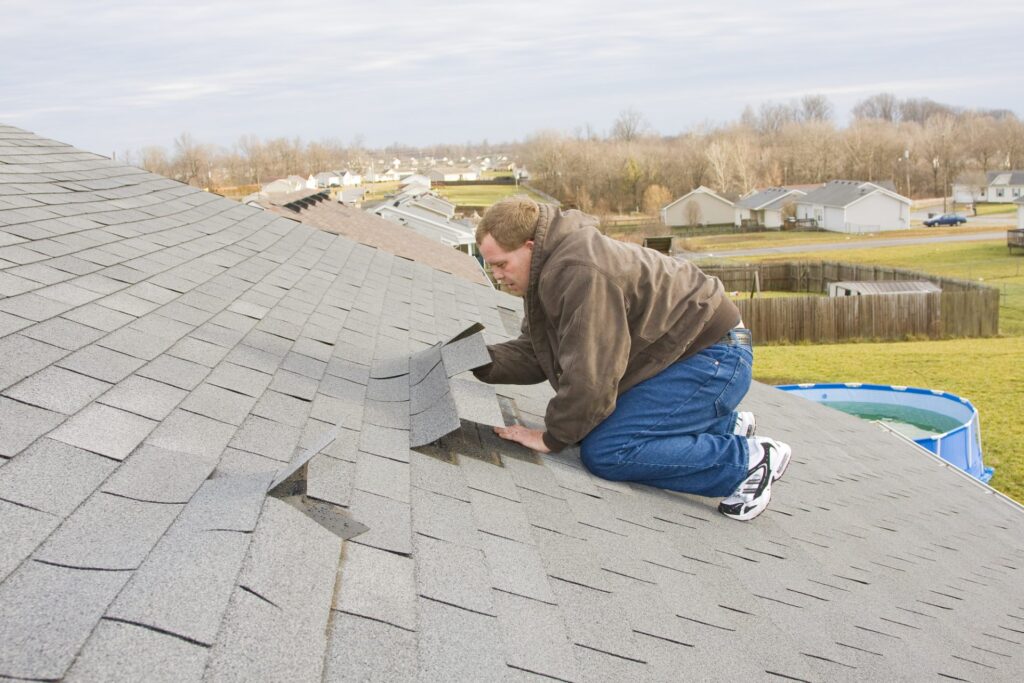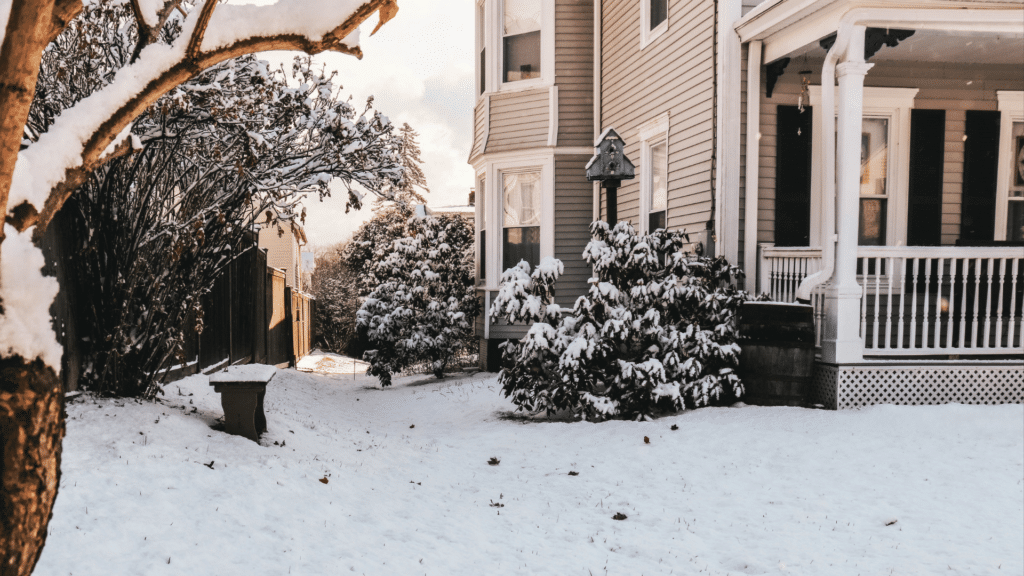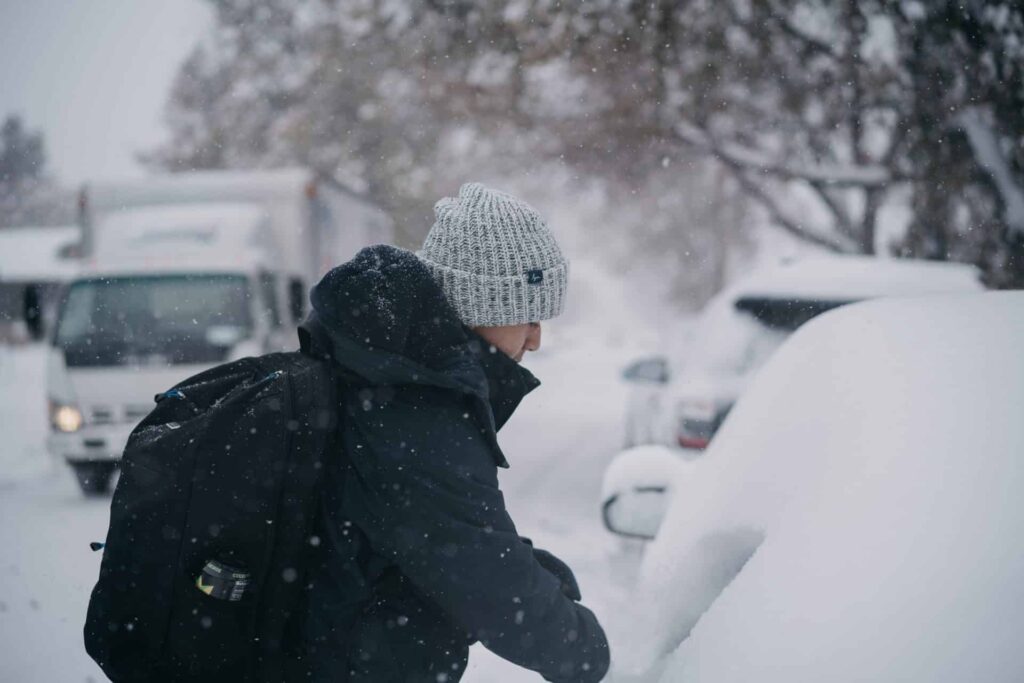Which States Suffer the Most Hurricane Damage?
If your home in Texas is damaged by a hurricane, and if your homeowners insurance company fails to approve your damage claim and deliver the coverage that you’ve already paid for, you must put the matter immediately in the hands of a Texas hurricane damage attorney.
Florida is the only state that is struck by hurricanes more frequently than Texas. The most active month for hurricanes in Texas is September.
Hurricane Harvey is an example of what hurricanes can do in this state. In 2017, Hurricane Harvey caused more fatalities and damages than any other storm in Texas history. The hurricane was responsible for at least 68 deaths and more than $125 billion in damages.
Do You Need to Purchase Additional Insurance Coverage?
To ensure full protection for your home during a hurricane, many Texas homeowners may need additional insurance. Depending on where your home is located, you may need to purchase additional insurance to cover the wind damage, named storm damage, and/or flood damage that a hurricane may cause.
After a hurricane, paying out of your own pocket for costly home repairs is not something most homeowners can easily afford. Homeowners should know precisely what insurance coverage they have. In some parts of Texas, the coverage a homeowner needs may be quite extensive.
Do You Know What Your Insurance Covers?
Hurricane insurance typically covers only the property damage caused by the winds of a hurricane or tropical storm. It usually does not cover the water damage or flood damage that may be caused by tropical storms and hurricanes.
If your home is set in a location in Texas that is prone to hurricanes, you probably need to purchase separate insurance coverage for water and flood damage.
It is essential to know what your homeowners insurance policy covers. If you’re not certain, review the policy, or have someone at your insurance company explain precisely what your policy covers.
What Parts of Texas Are “Prone” to Hurricanes?
Along the Gulf Coast, damage caused by the tides and tide surges associated with hurricanes far exceeds the damage caused by hurricane winds. The cost of hurricane-related water damage is so high that most insurance companies in Texas will not offer policies covering that damage.
The Texas Wind Insurance Association (TWIA) identifies these counties as high-risk zones for hurricanes: Refugio, Matagorda, Kenedy, Kleberg, Nueces, Chambers, Jefferson, Calhoun, Brazoria, San Patricio, Willacy, Galveston, Cameron, Aransas, and parts of Harris County.
Homeowners in these Texas counties must have adequate coverage for hurricane-related wind and flood damage. If the damage to your home isn’t covered by your insurance, you’ll have no claim, and you will have to pay out-of-pocket for your repairs.
What Coverage Do You Need in High-Risk Zones?
The law in this state doesn’t require a homeowner to have wind damage coverage, but many mortgage lenders in this state require borrowers to purchase it. In areas with a high risk for flooding, most mortgage lenders also require flood insurance.
A homeowner in a high-risk zone needs to have what’s called “windstorm” coverage, and when a Texas homeowner cannot obtain windstorm coverage from a private insurer, it may be available through the Texas Wind Insurance Association.
Windstorm coverage purchased through TWIA only covers damage caused by wind or hail. It does not cover any flooding or storm surge damage. TWIA offers policies only to homeowners who have been denied windstorm coverage by one or more homeowners insurance companies.
What Can Happen After a Hurricane?
Even when your home is fully covered for both water and wind damage, that is no guarantee that your repairs will be paid for in the aftermath of a hurricane. After the storm, an insurance company may receive thousands of damage claims, so it may try to reduce what it pays out.
In other words, after you sustain hurricane damage, your insurance company may offer you a “low-ball” settlement, or your damage claim may simply be denied. If that happens in spite of having the insurance you need, get in touch at once with a Texas hurricane damage lawyer.
What Steps Should You Take if Your Damage Claim is Denied?
If your damage claim is denied for no valid reason, you may have no choice but to take legal action against your homeowners insurance company. You’ll have two years from the date your claim is denied, but you’ll need to contact a Texas hurricane damage attorney immediately.
Your lawyer will seek to negotiate with your insurance company, but if the company will not negotiate or offer a reasonable payout, your lawyer will take the case to court. If your lawsuit prevails, the court will order the company to meet its responsibility to you and pay your hurricane damage claim.
When you retain a Texas hurricane damage lawyer from Stormlex Law Group, you owe no lawyer’s fee unless and until you receive the payout you need. Texas courts even order the insurance company to pay your legal fees. Your first consultation is offered without obligation or cost.
Meet the Stormlex Law Group Team
The hurricane attorneys at Stormlex Law Group – formerly Flores & Pelaez-Prada – fight for the rights of homeowners. If your insurance company rejects your property damage claim, we can offer personalized advice about your rights. We’ll explain your legal options and represent you.
If your hurricane damage claim has been wrongly rejected by your homeowners insurance company, Stormlex Law Group will bring the dispute to its best possible outcome. We work exclusively to help Texas homeowners who’ve been treated wrongly by an insurance company.
If your hurricane damage claim is rejected, or if that happens to you in the future, learn more – or start the legal process at once – and call Stormlex Law Group (formerly Flores & Pelaez-Prada) at 855-786-7674 (or 855-STORMS-4) to schedule an in-depth, no-cost evaluation of your case. If you take legal action, Stormlex Law Group will represent you aggressively and effectively.
Disclaimer: The blog posts shared on stormlex.com are intended for general informational purposes and may not apply to your specific situation. For personalized legal advice concerning your policy or claim, contact our office directly at 1-855-786-7674.
















